“It should be noted that no effort of solidarity can fully suffice in the aftermath of destruction on such a scale, yet all efforts of solidarity are immensely valuable.”Yaşar Adnan Adanalı, Founding Director of Postane
Earthquake Solidarity Fund: Rebuilding and Connecting Communities
On the first anniversary of the earthquakes in Turkey and Syria in 2023 the Allianz Foundation, together with its Hubs partner Postane, launched the "Earthquake Solidarity Fund". The fund supports eight projects in the earthquake-affected regions of southeast Turkey, aiming to promote long-term reconstruction, incorporate cultural aspects, and support women and the next generations.
May 22, 2025
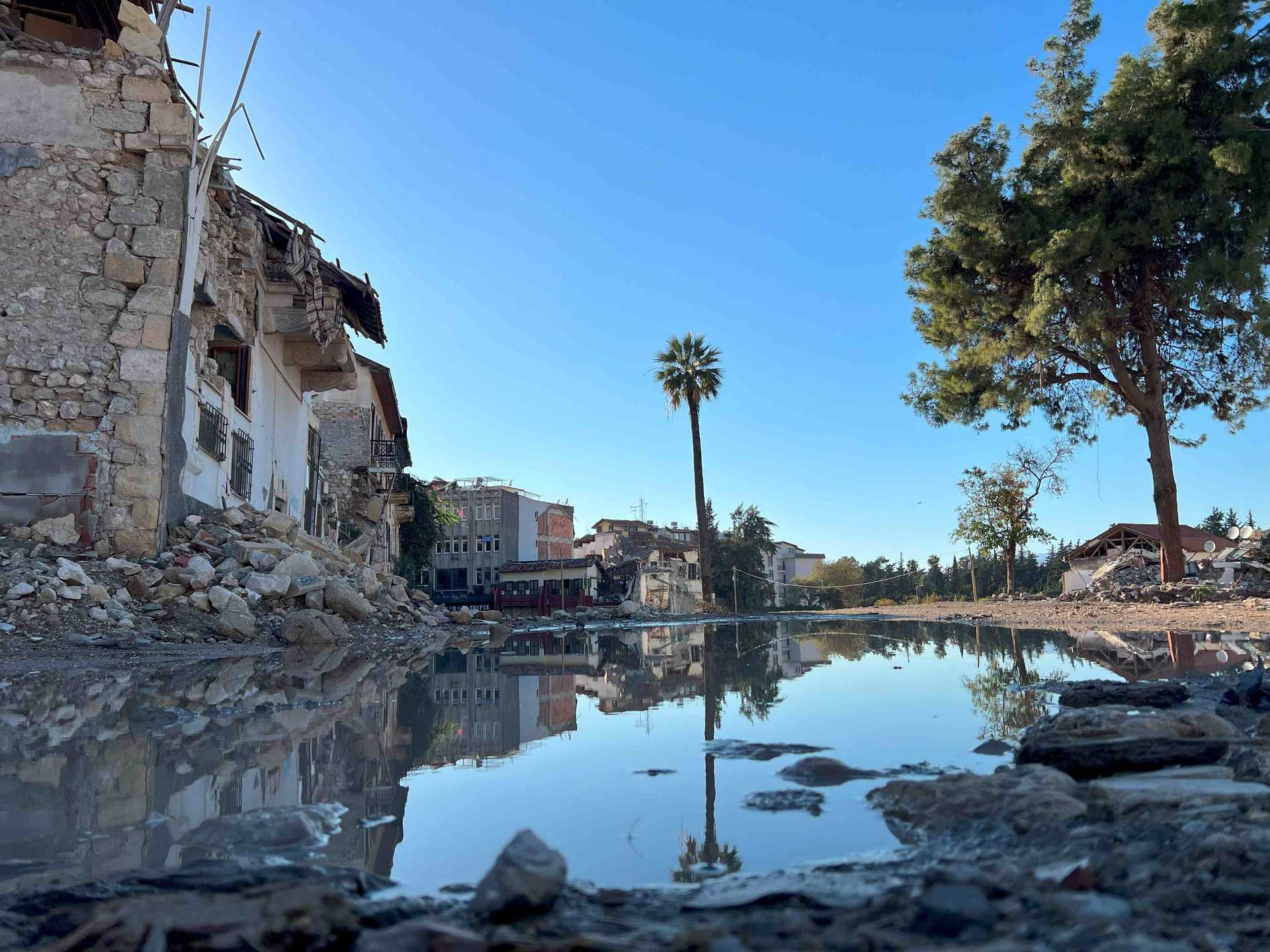
Antakya 2023 © Nesime Karateke
Beyond immediate aid.
The earthquakes in Turkey and Syria in February 2023, with more than 50.000 deaths and millions of displaced was the worst European natural disaster in a century. In Turkey alone, 14 million people in eleven provinces and more than 650,000 homes were affected.
In the aftermath of the catastrophe relief efforts shifted from immediate humanitarian aid to more long-term objectives. These include city reconstruction, safeguarding cultural heritage, addressing housing needs, promoting economic development, ensuring environmental justice, and prioritizing education for children and youth. Over the past months, numerous individuals and organizations have been actively addressing these concerns. To amplify their impact, initiatives in the earthquake zone which are focused on rights-based or developmental concerns need more backing.
To help these important and courageous initiatives Allianz Foundation, Allianz Foundation’s Hub partner Postane and the European Cultural Foundation (ECF) decided to set out an Earthquake Solidarity Fund amounting to 150.000 € in the beginning. The fund aims to support a vibrant civil society and the cultural sphere in the affected regions, with a special focus on empowering next generations.
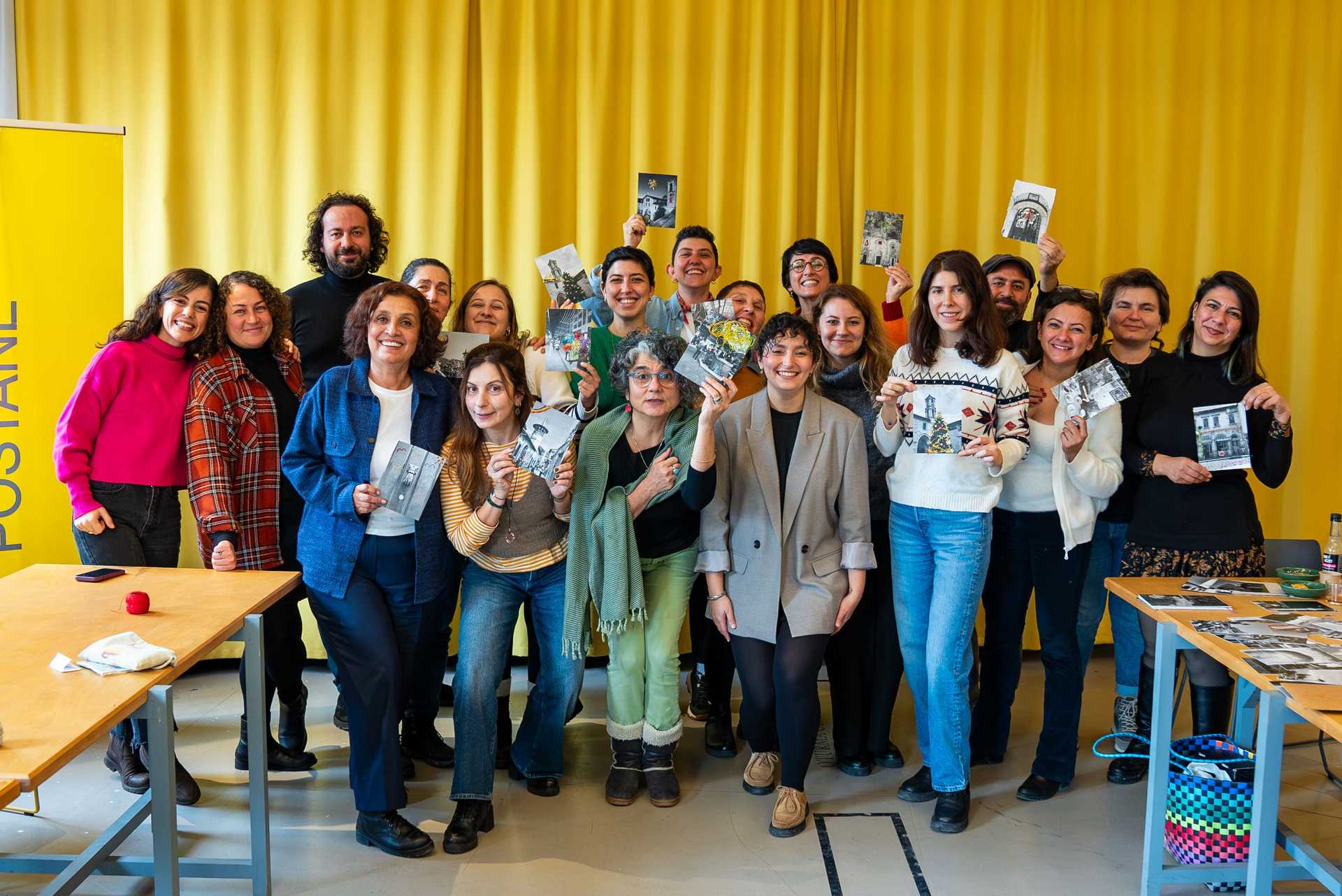
Final meeting of the first year-projects © Postane Productio
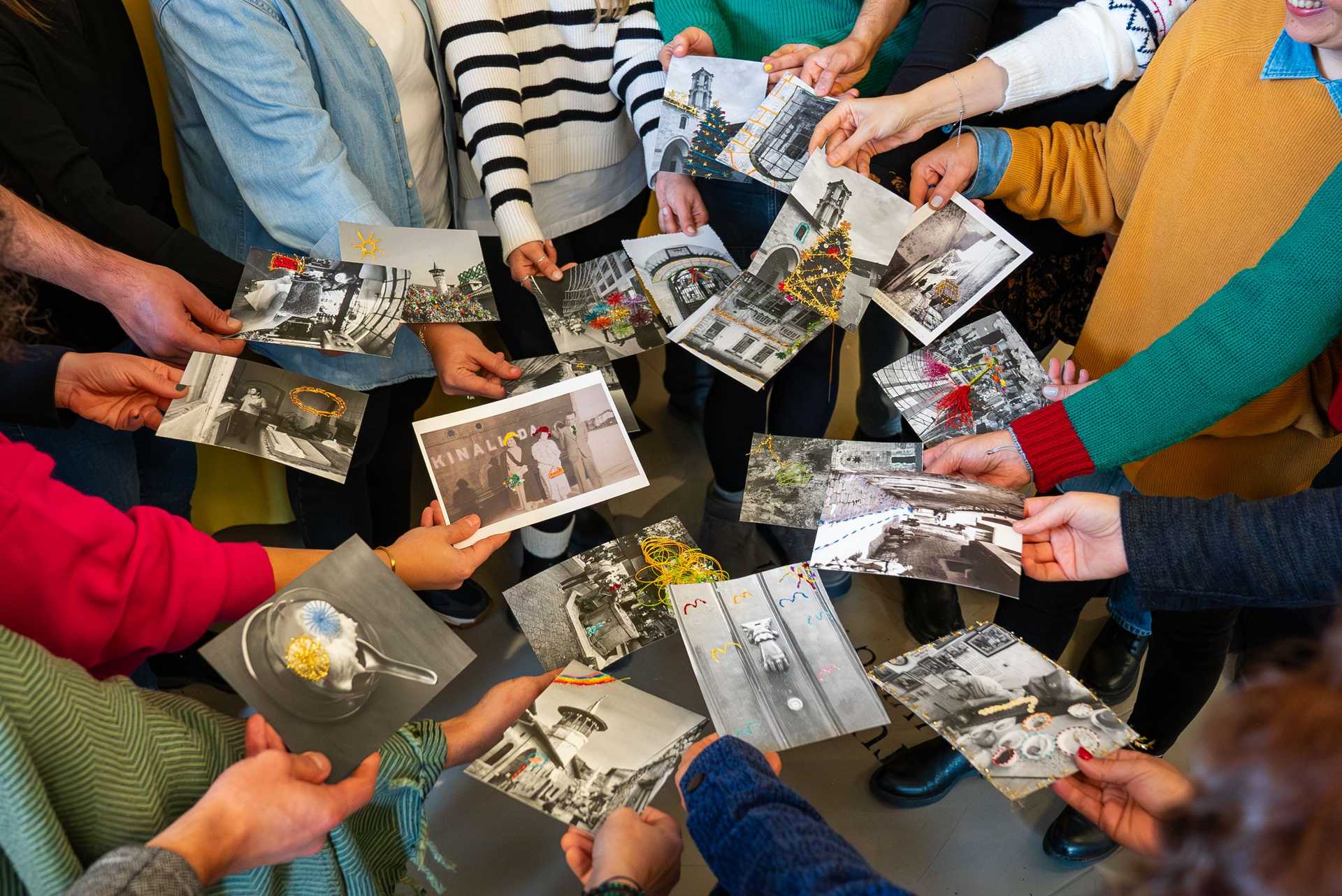
Final meeting of the first year-projects © Postane Productio
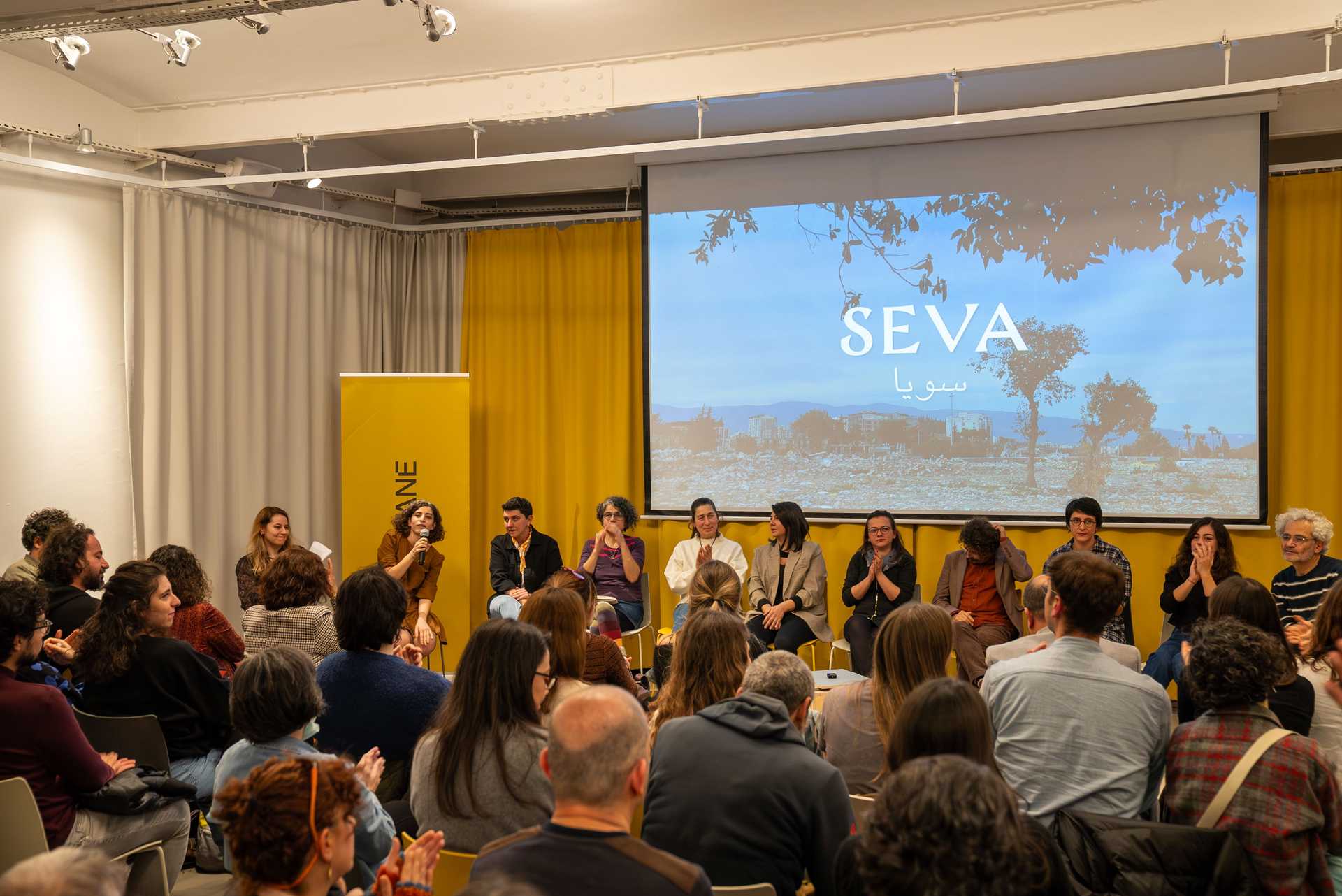
Final meeting of the first year-projects © Postane Productio
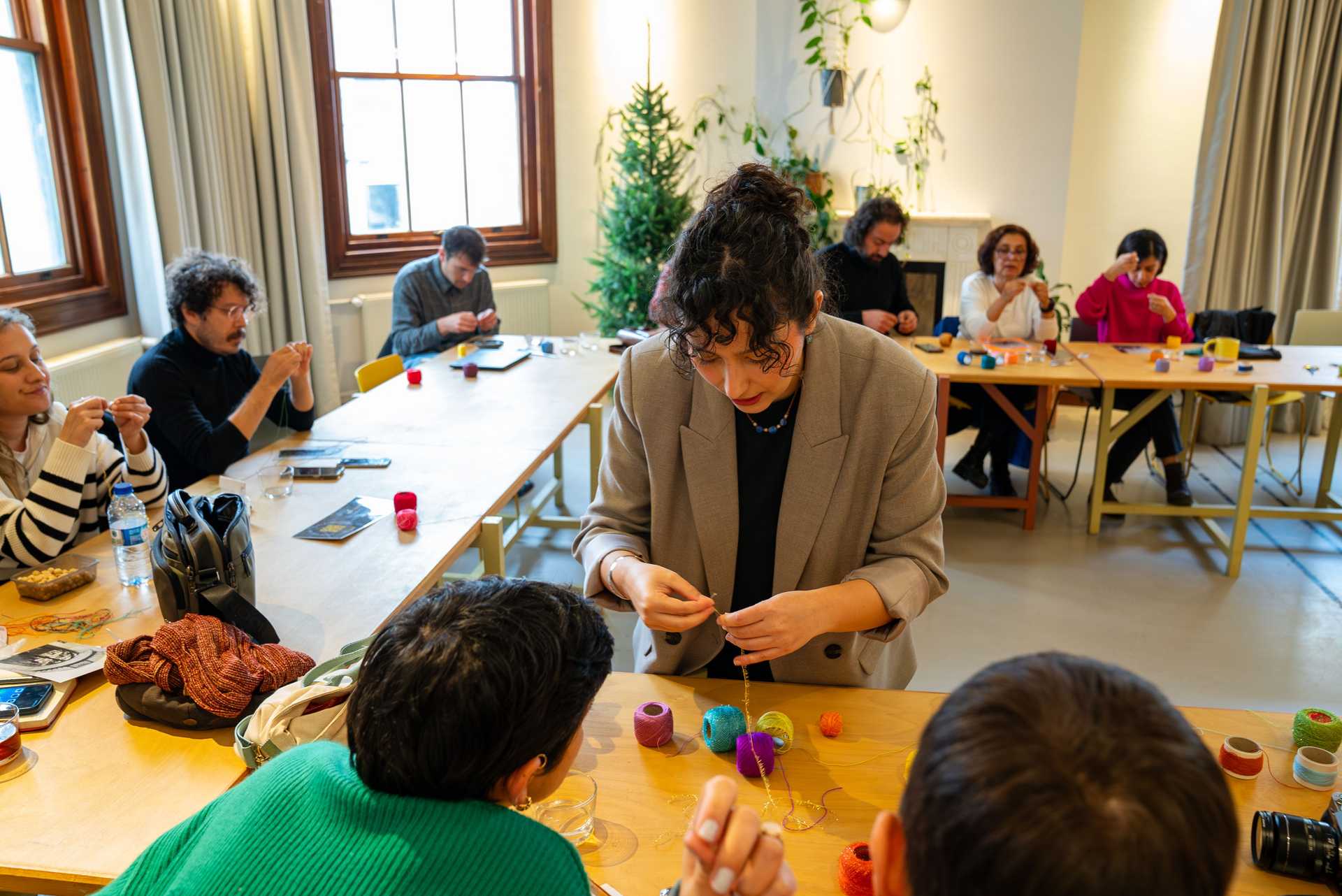
Final meeting of the first year-projects © Postane Productio
Networking and exchange.
A central element of the Earthquake Solidarity Fund has been connecting individual projects and organizations and creating moments of exchange and healing for Hatay's civil society, deeply affected by the earthquake. After meetings in Antakya in May 2024 and in Mersin in August 2024, the final gathering of the first-year projects took place at Postane in Istanbul from December 13–15, 2024. In workshops and discussion groups, participants shared memories and deliberated on the ongoing challenges of reconstruction and urban development.
A standout moment was the preview of the documentary film "Seva" by Nesime Karatepe. In a deeply personal and sensitive narrative, Karatepe - who herself lives in a container settlement in Antakya - portrays the state of the region a year and a half after the catastrophic event and reveals how hope for a new life is slowly taking root in the projects supported by the Earthquake Solidarity Fund. The screening was packed, and the lively discussion that followed demonstrated that, despite the lingering sorrow, there is indeed reason for hope.
Core principles of the fund.
Decentralization, needs-assessment, and collective giving: these are the three core principles at the heart of the fund. We and our partners are convinced a fund like this can only be successful through cooperation with partners that have a reliable network in the affected region. We also believe that ample time should be used to listen to those who will implement actions on the ground, to learn what programs and offers already exist, and to identify where our engagement can still make a meaningful difference. The fund includes project support, collaboration support, mobility support and communication and visibility support.
Continuing the work in 2025.
Despite all the progress made so far, much remains to be done. The destruction is still immense, and rebuilding will take years, if not decades. Therefore, the Allianz Foundation has decided to continue the Earthquake Solidarity Fund in 2025, in collaboration with Postane, with an additional funding amount of 150.000 €. A key focus will be on further networking of civil society in the region to promote long-term perspectives and sustainable reconstruction.
Funded initiatives
The Earthquake Solidarity Fund took significant strides in supporting the earthquake-affected regions by identifying eight projects for assistance. These projects range from infrastructure rehabilitation to community resilience initiatives, each demonstrating a commitment to rebuilding and strengthening affected communities. Learn more about the selected initiatives here:
Polen Kolektif, renowned for its work in children's rights, ecology, and cultural arts, leads an initiative to establish more pollen gardens in Hatay. A pollen garden is a designated area planted with specific flora to attract pollinators like bees and butterflies, aiding in plant reproduction and ecosystem health. Focused on areas like Samandağ and Defne, heavily impacted by earthquakes, the project aims to aid children's recovery through a holistic approach. By integrating art, ecology, and permaculture, the initiative seeks to mitigate trauma, enhance resilience, and foster the overall development of children amidst adversity. Through workshops engaging 1200 children, the project will instill ecological awareness, artistic expression, and a sense of solidarity and belonging.
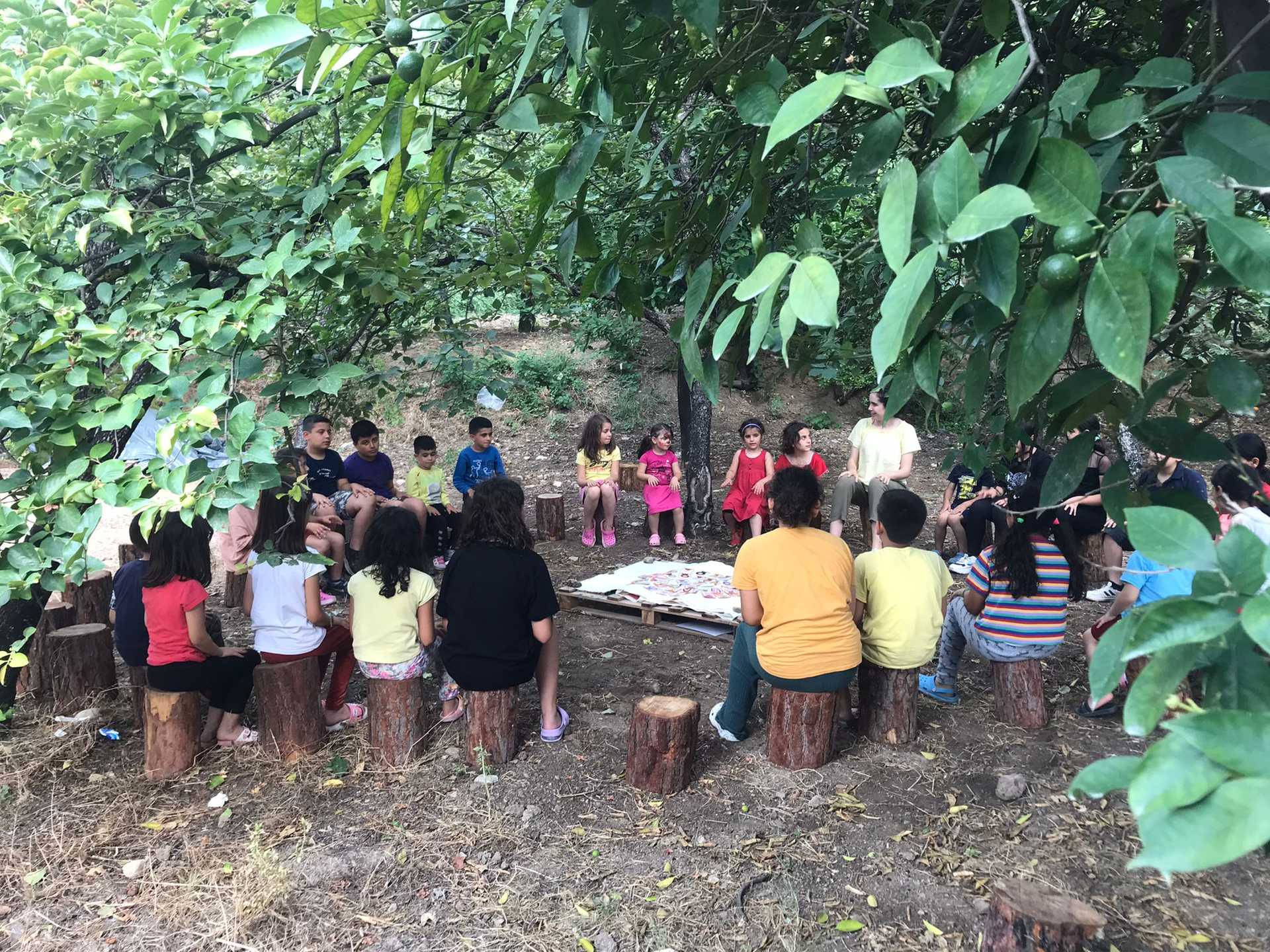
Nehna, an organization dedicated to preserving cultural heritage, is undertaking the "Oral History Project” to explore the rich, yet largely unrecorded oral history of the Antakya Orthodox community. Focused on regions within Hatay province, the project targets individuals aged 18 to 25 with a passion for historical narratives. Through specialized courses conducted by experienced instructors, the project aims to equip participants with the necessary skills to engage in oral history research. The ultimate goal is to compile gathered narratives into a digital booklet, ensuring the preservation and transmission of Antakya's cultural heritage to future generations.
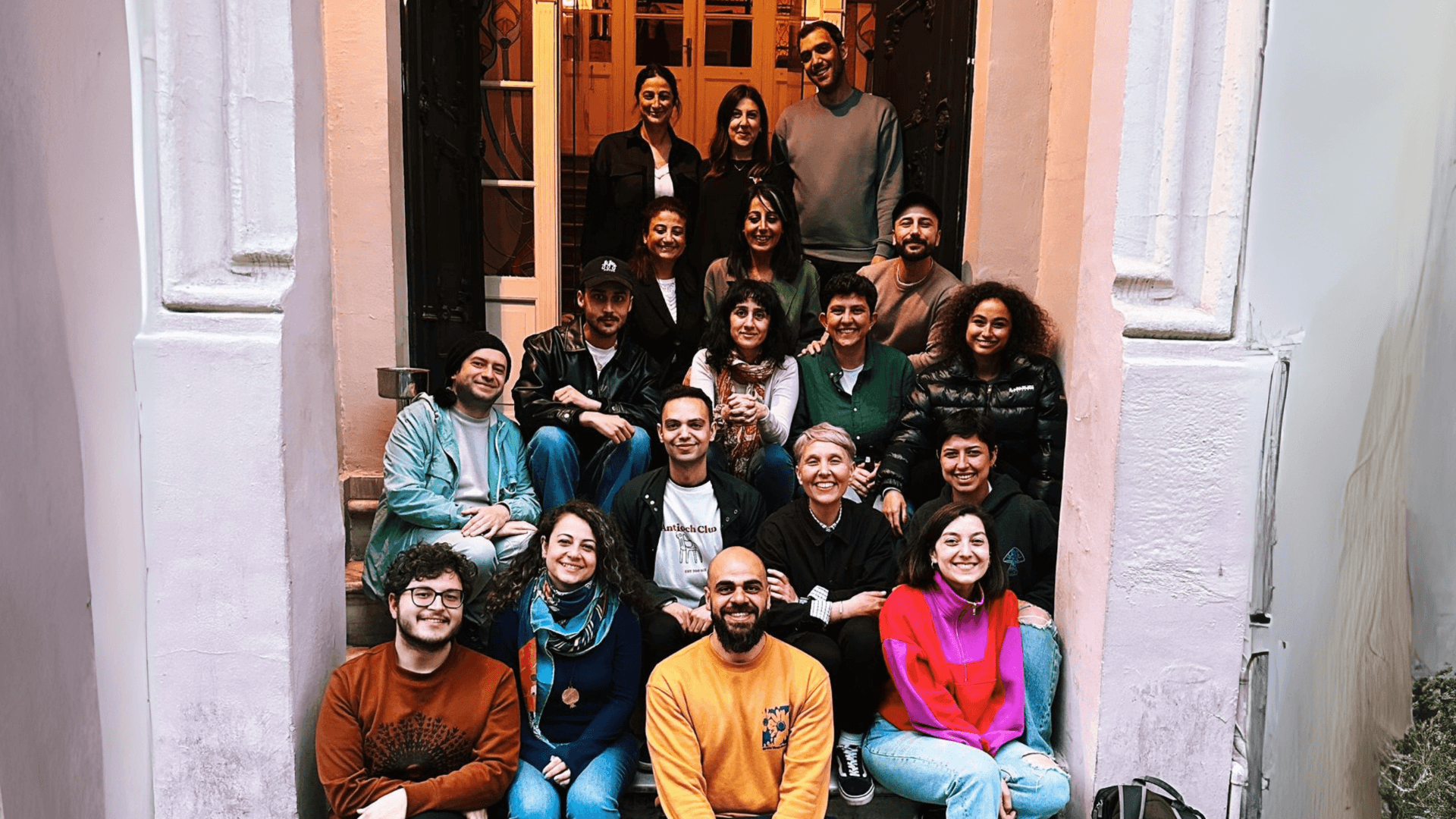
The Hatay Academy Symphony Orchestra, as the first and sole independent symphonic ensemble in Hatay, is integral to the Light of Art project. As part of this project, concerts will be held throughout the city, aiming to reach 50,000 people with music and art. The main goal is to promote the right to participate in cultural and artistic activities for everyone. Concerts, featuring musicians from Hatay, will be tailored for those affected by the earthquake. The initiative aims to reinstate cultural and artistic involvement among musicians in the city, thereby allowing them to actively contribute to the cultural and artistic landscape. By integrating musicians affected by the earthquake as active contributors to the musical production process, the project aspires to harness the therapeutic potential of art, bringing solace and cultural enrichment to thousands of individuals in the earthquake-stricken region.
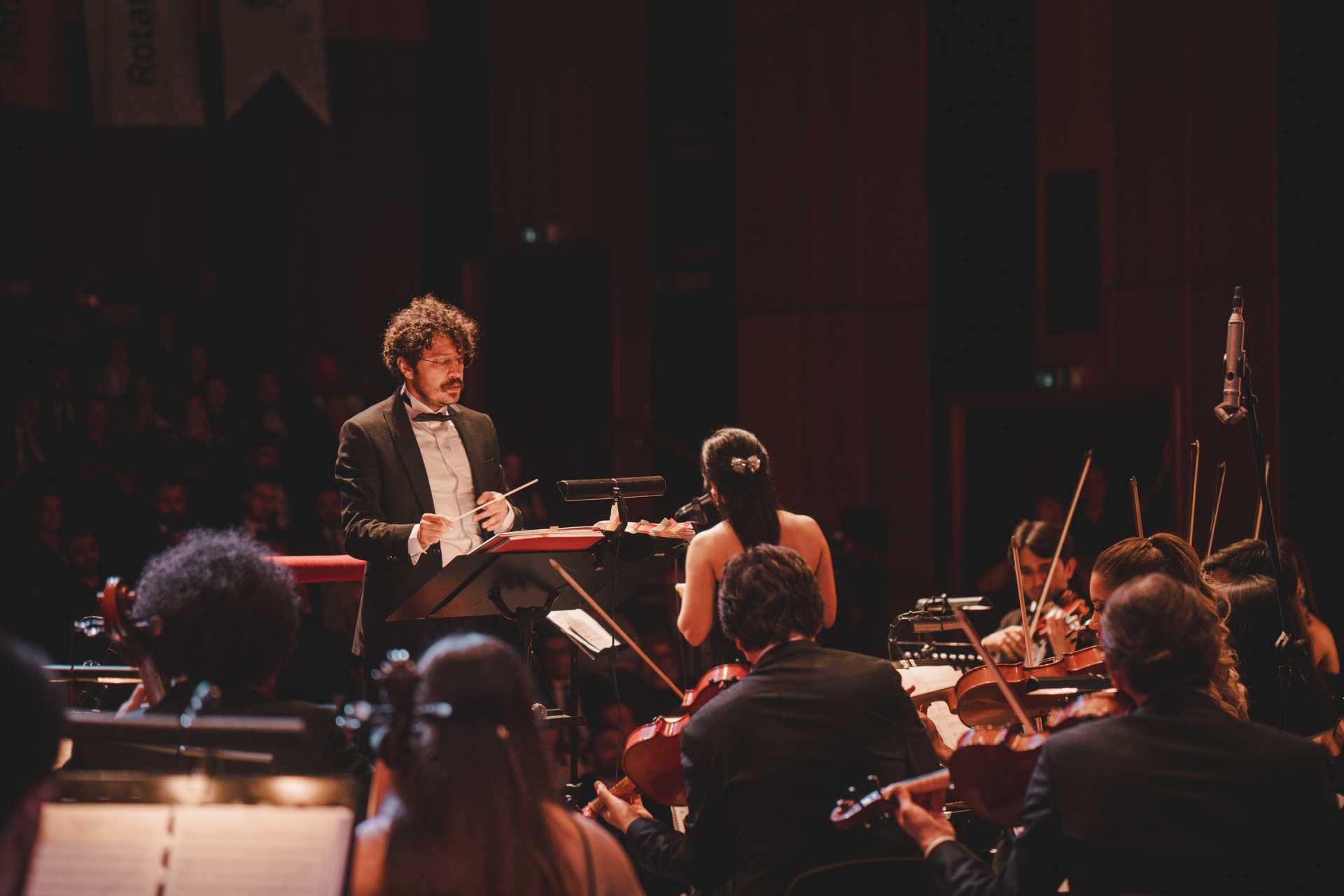
Hatay Gençlerle Sanat İnisiyatifi focuses on the well-being of young people after the earthquake in Antakya, Samandağ, İskenderun and Defne. It targets 30 individuals aged 12-18, splitting them into two groups for specialized workshops. Led by designated artists and local coordinators, the workshops focus on creating and applying art. Each group has four sessions guided by project members, culminating in a closing meeting for collective reflection. The meeting will facilitate discussions surrounding the impact of their artistic endeavors, particularly addressing the question: “What is the utility of art?”
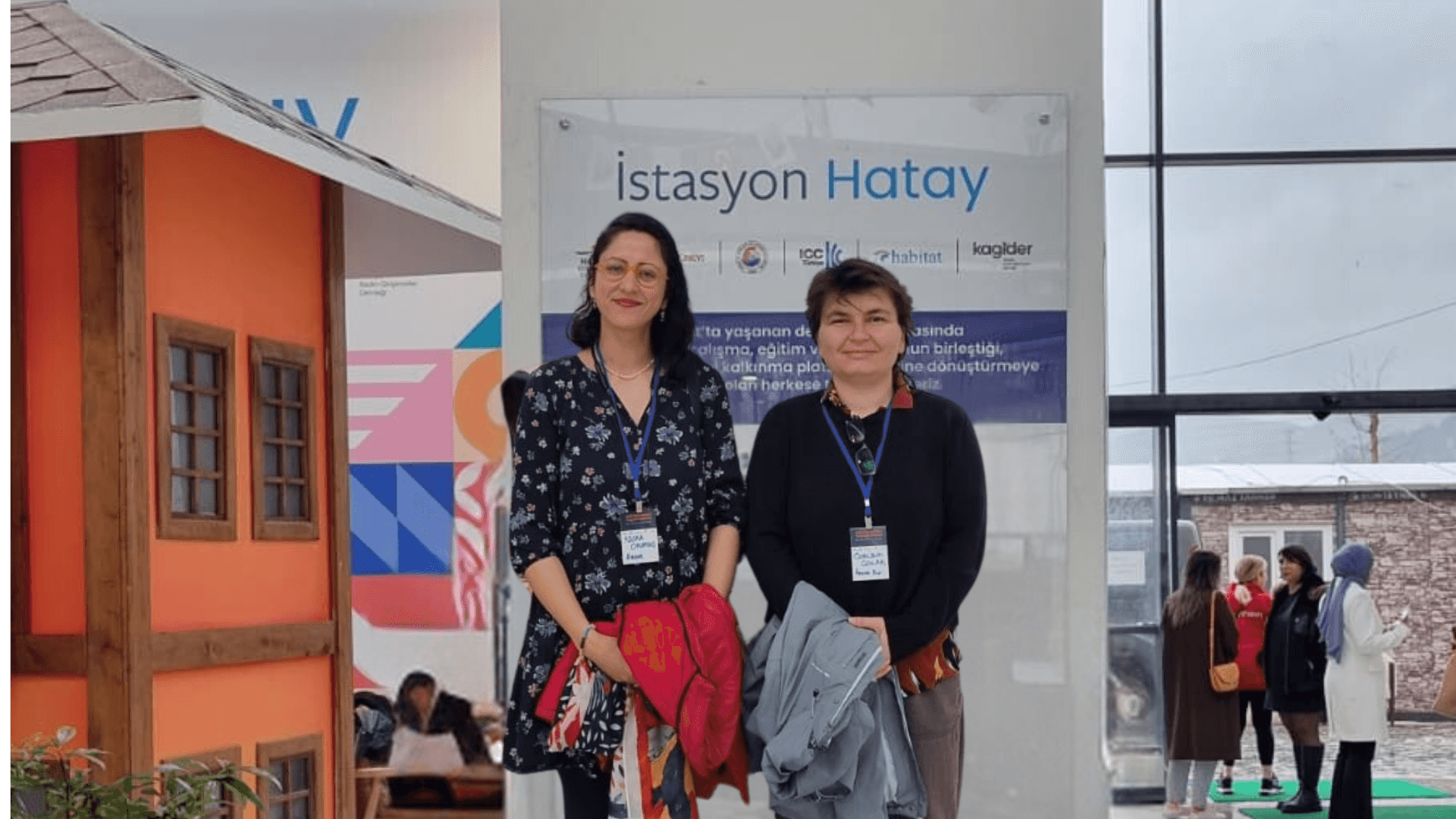
"Hatay Sarısı" is a unique endemic species of silkworm facing extinction. Defne Apollon İpekçilik, an organization committed to ethical and sustainable textile production, is leading efforts to revive this species. Before the earthquake, Defne Apollon prioritized fair production practices and the inclusion of women from the Hatay Defne region in their operations. Now, their goal is to preserve the cultural heritage of the area while involving women and young people in the restoration of "Hatay Sarısı". Defne Apollon views this participation as integral to the species' healing process and aims to popularize ethical and sustainable textile products, moving away from consumerism and artificial products.
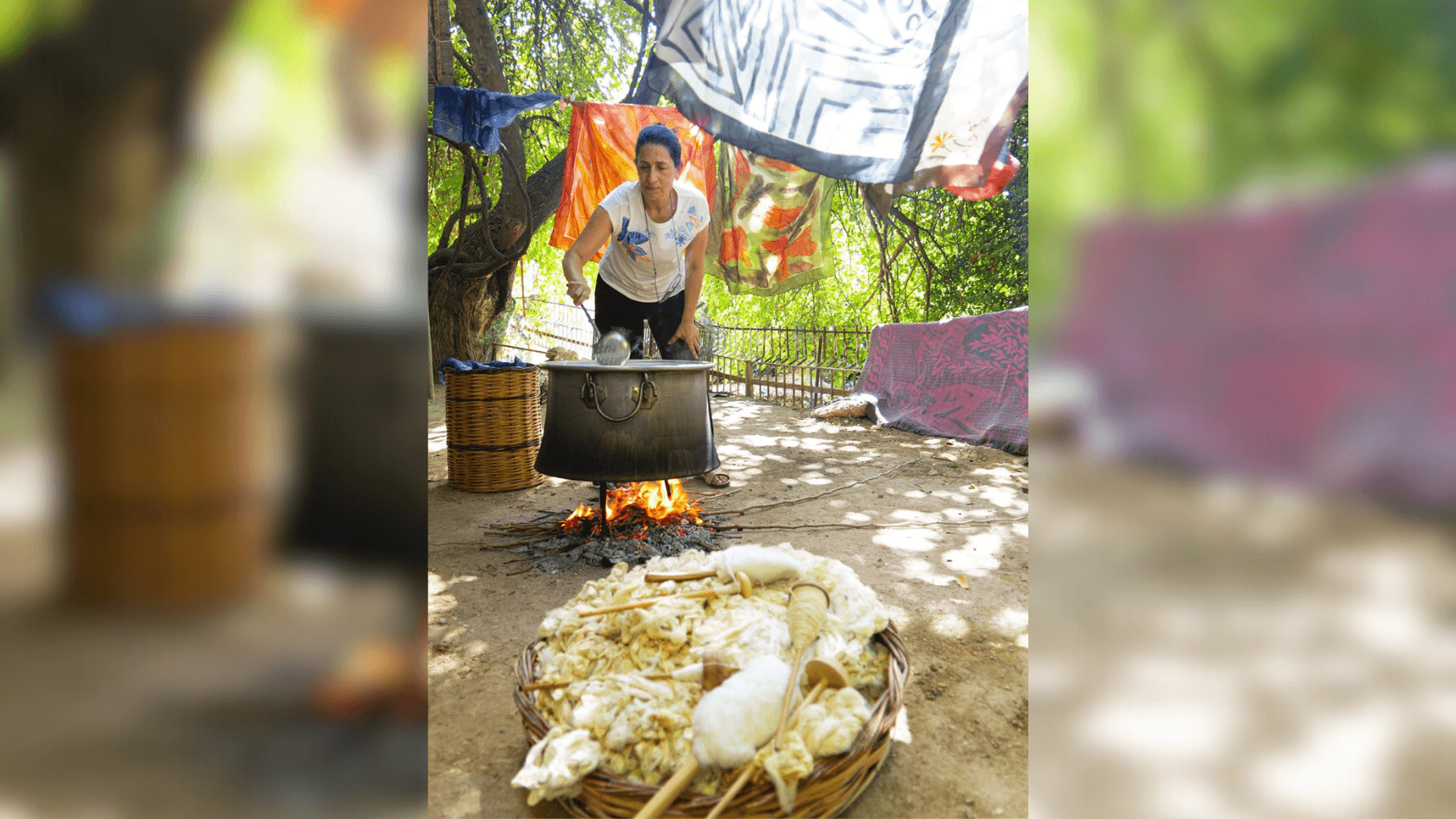
This joint project, conducted in collaboration with Rimmen and Deprem Dayanışması Derneği, focuses specifically on the Hatay-Samandağ-Defne region. Rimmen aims to support women affected by the earthquake by providing incentives for their involvement in cooperative production activities. Simultaneously, the project will implement gender equality training programs to enhance the socio-economic empowerment of these women. Deprem Dayanışması will offer psychosocial support to around 30 children in the communal area, alongside organizing workshops to strengthen their connections with nature, science, and art. Additionally, the project aims to establish a library for children as part of its outcomes.
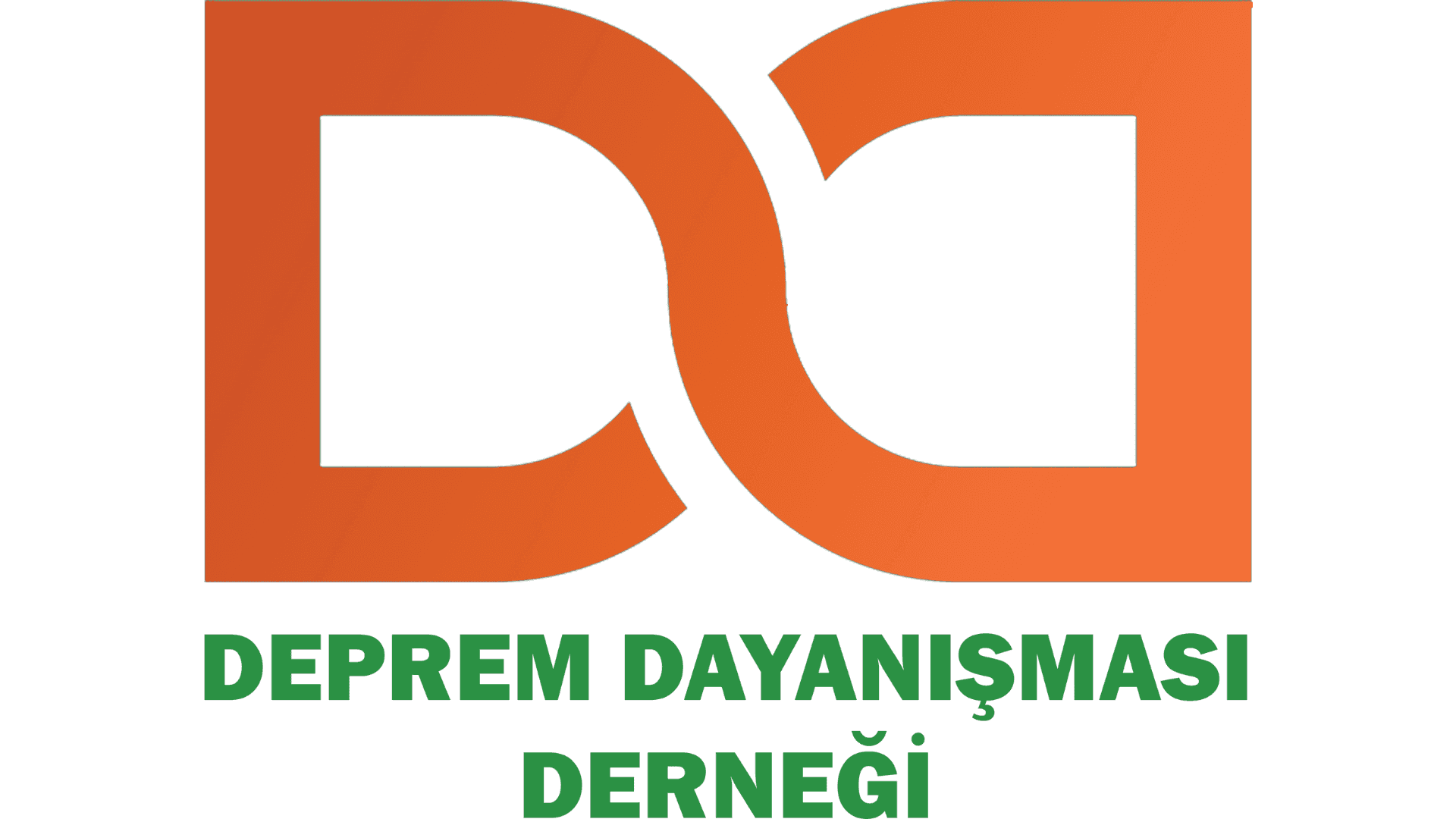
Kültürhane targets earthquake victims residing in temporary shelters like containers and tent cities, who face challenges repairing their belongings due to the inadequate conditions of these living spaces. Technical issues persist due to poor infrastructure and low-quality materials, exacerbated by limited access to professional assistance. Repair services are often inaccessible or costly. However, many of these problems can be resolved with basic knowledge and materials. A tool library will be established to provide necessary equipment, alongside courses covering woodwork, electrical work, and installations. These courses will empower adult victims to conduct simple repairs themselves, enhancing their problem-solving skills and potentially generating income. Recorded repair workshops will be accessible online for those interested. The project will be implemented in Hatay-Serinyol, an area heavily affected by the earthquake.
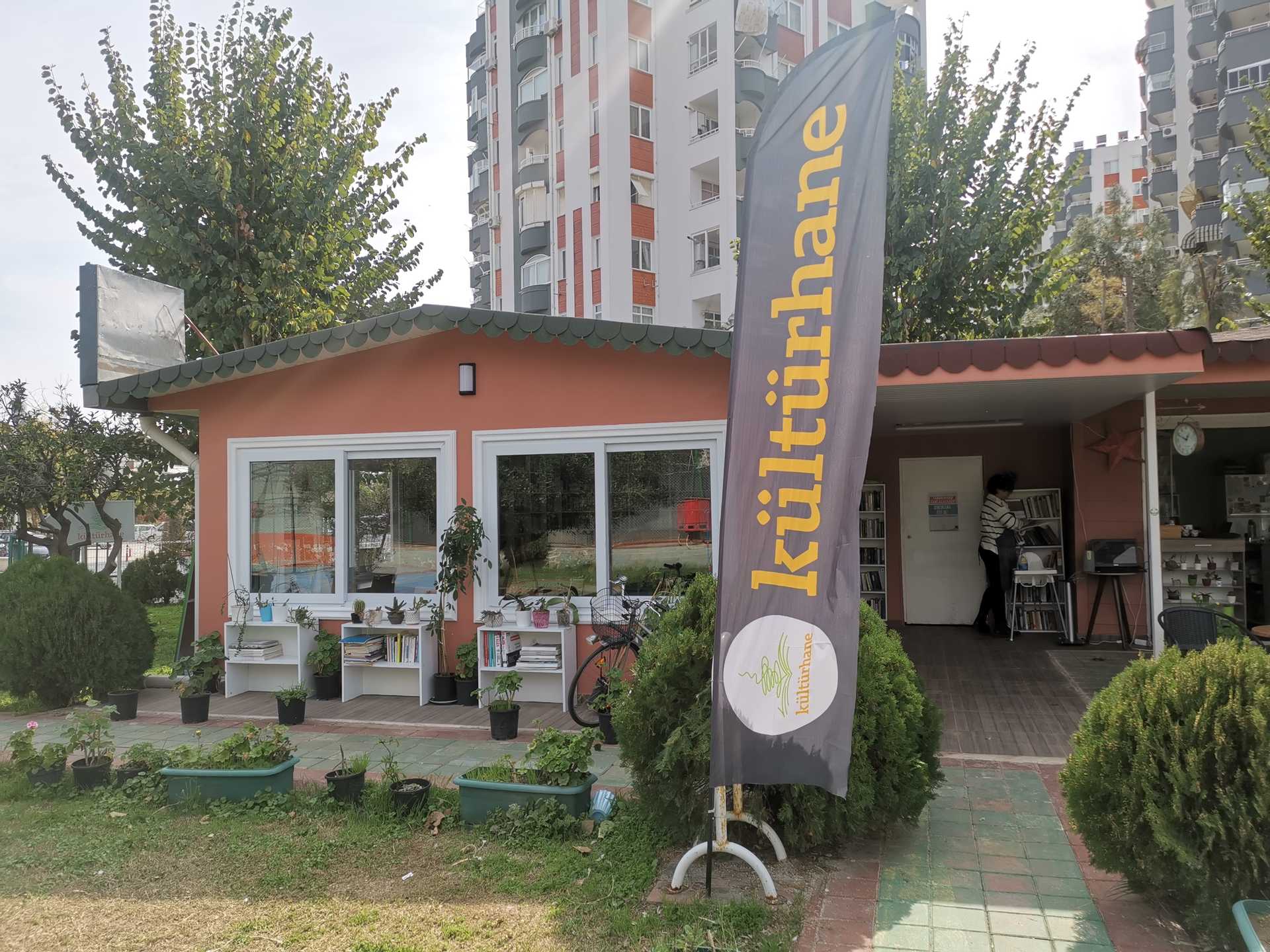
Three questions to…
We asked three questions to the initiators of the fund Yaşar Adnan Adanalı, Founding Director of Postane and Esra Kücük, former CEO of the Allianz Foundation.
"One year after the earthquake, where are we?"
Yaşar Adnan Adanalı: “It should be noted that no effort of solidarity can fully suffice in the aftermath of destruction on such a scale, yet all efforts of solidarity are immensely valuable. The situation in the region affected by the earthquake remains dire. In some areas, such as Hatay, even the removal of debris and the demolition of risky buildings are yet to be completed. Countless pressing issues await solutions, especially in housing, employment, and access to urban services. Regrettably, the attention given to this significant disaster on the national agenda has waned. Moreover, it is difficult to assert that information is being disseminated effectively.”
Esra Kücük: “The earthquake in February 2023 was the worst European natural disaster in a century. The compassion and international solidarity were accordingly intensive, volunteers from all over the world traveled to the region, thousands of aid packages were sent, and donations were collected. It is important to emphasize the scale of the disaster. In Turkey alone, eleven provinces with a population of 14 million people were affected and more than 650,000 homes became uninhabitable, according to the government. Up to four million people left their homes.
Twelve months later, our local partners reported that the destruction is still visible everywhere. Thousands of people are still living in makeshift and temporary housings.
Today, hardly anyone keeps on thinking about the catastrophic situation on the ground. We want to change that with the Earthquake Solidarity Fund. In addition to the reconstruction of infrastructure and housing, cultural heritage must also be safeguarded, and civil society spaces recreated. To achieve this, we are working with local projects to support people in rebuilding civil society and culture in the long term. “
"What makes the fund special?"
Yaşar Adnan Adanalı: “Before establishing the framework of the Earthquake Solidarity Fund, we sought to understand the needs of initiatives operating in the region. To this end, we organized one-on-one interviews and focus group meetings. Our aim was to create an impact-oriented fund featuring an easy and accessible application process. This fund is intended for valuable local organizations that require support without the need to prove their worth, and it encourages cooperation among organizations.”
Esra Kücük: “For us as Allianz Foundation, trustful local partnerships are of utmost importance. Postane is part of our Allianz Foundation Hubs network and we are very grateful to our partner for their precious local expertise and their wide network. Like this, the fund becomes a real bottom-up initiative. We believe that it is a prerequisite for the long-term effectiveness of our support: when projects are developed locally, regional needs are at the center and local partners are in the lead.”
"What's the future perspective for the call?"
Yaşar Adnan Adanalı: “Solidarity with local organizations fighting for the recovery of the affected area through the Earthquake Solidarity Fund and other initiatives are invaluable both for the rehabilitation of the region and for ensuring the flow of information required to keep its needs on the agenda throughout Europe. I hope that awareness of the social problems and the hopeful practices employed to address these issues will increase.”
Esra Kücük: “I hope that we can gain more partners for the solidarity fund! We will therefore also be documenting the work of the funded projects to show progress on the ground. We have already gained a strong partner for the fund in the European Cultural Foundation, and I am very grateful for their support. We want to get the ball rolling so that reconstruction in the region can go beyond emergency aid. Of course, we also want to raise awareness of the fact that a vibrant civil society, a thriving culture and functioning education are fundamental aspects of everyday life that must be considered when providing earthquake aid.”
“Faces of Antakya”
A Postane Production video-series on cultural resilience.
After the February 6 earthquakes, Postane produced a video series titled "Faces of Antakya," to tell the stories of artisans and cultural producers during the reconstruction process in Hatay, one of the most affected regions.
Antakya, a multicultural city with a history that includes Jewish, Christian and Islamic influences and home to numerous buildings of global cultural significance, was one of the hardest hit by the Kahramanmaraş-centered earthquakes in February 6.
In the aftermath, Antakya's multicultural character, renowned hospitality and culinary heritage are under grave threat. This cultural heritage is sustained by the city's local cultural actors such as jam makers, hummus makers, bakers, tandoori masters, coffee roasters, coppersmiths, weavers, sericulturists, mosaic artists, sculptors, and musicians. Faces of Antakya aims to keep the spirit of the city alive by sharing the stories of these individuals.
A note from Nesime Karateke, the creator of “Faces of Antakya”:
"I’ve been to Antakya, where I grew up and where my family resides, several times since the earthquake. From the very beginning, uncertainty has dominated the atmosphere in the region.
A year on, people continue to struggle to meet their basic needs, with no solution on the horizon. Initially, the urgent concerns were about rescuing loved ones trapped under the rubble, followed by concerns over finding shelter and securing food. As time passed, the immediate crises gave way to more enduring concerns: how to resume daily life, enable farmers to return to cultivating food, find schools for children, and inspire cultural workers to produce anew. Amidst these challenges, the community remains focused on addressing basic necessities while endeavoring to rejuvenate the city.
Throughout history, Antakya has been a hub of productivity, a characteristic that persists even in the aftermath of the earthquake. Despite prevailing uncertainties, women’s cooperatives, cultural workers, and artists are engaged in supporting the community’s well-being. The formation and growth of cooperatives not only create employment but also foster healing through productivity and anxiety reduction. Additionally, numerous artists and cultural professionals are conducting workshops for children. The continuity and support of these workshops are essential, as they play a vital role in the recovery of children from trauma."
(Hailing from Antakya, Nesime Karateke is a documentary filmmaker who has directed and produced a number of short films on urban and environmental struggles. She is the Director of Production at Postane).
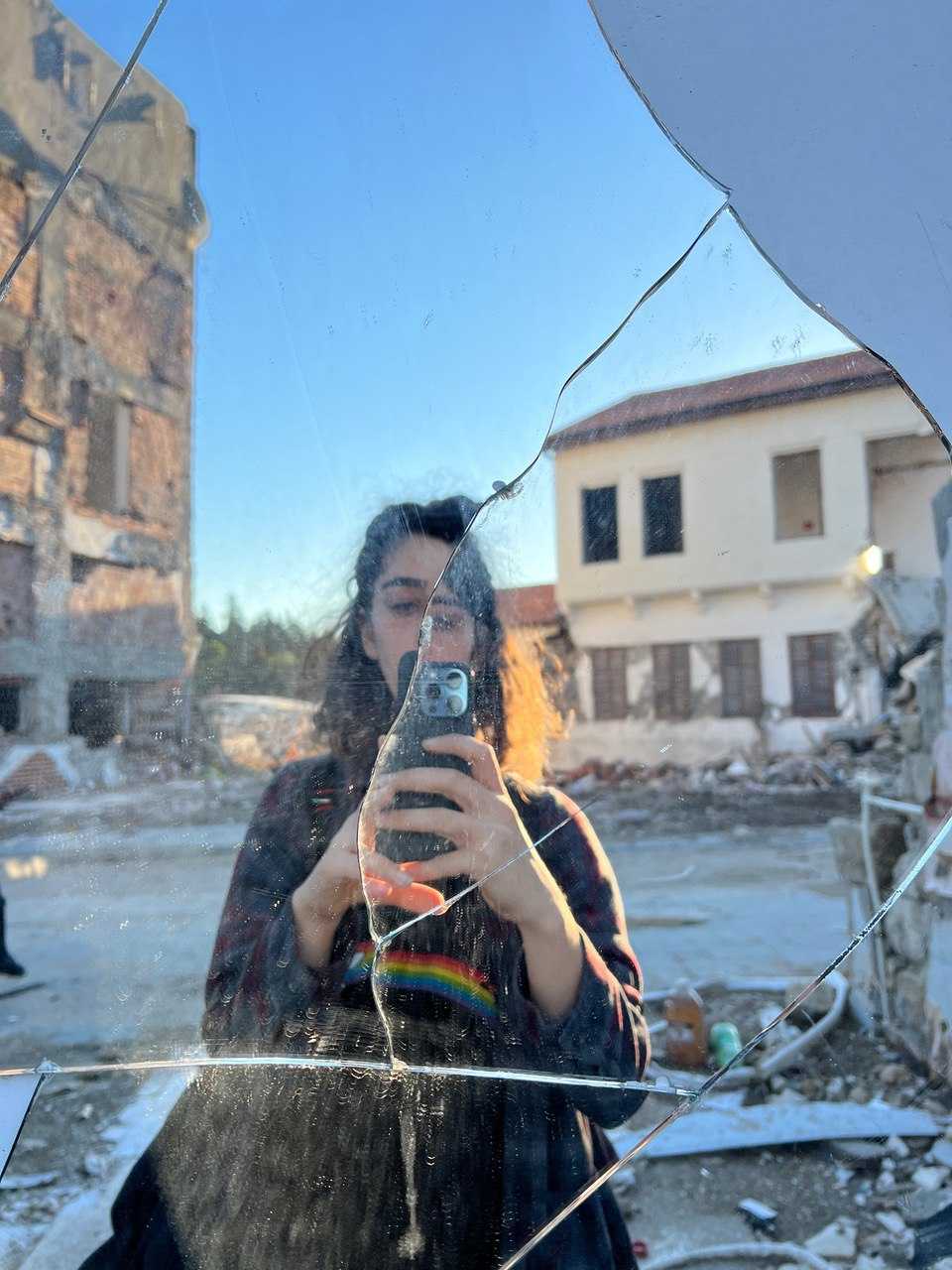
Nesime Karateke in Antakya 2023 © Nesime Karateke.
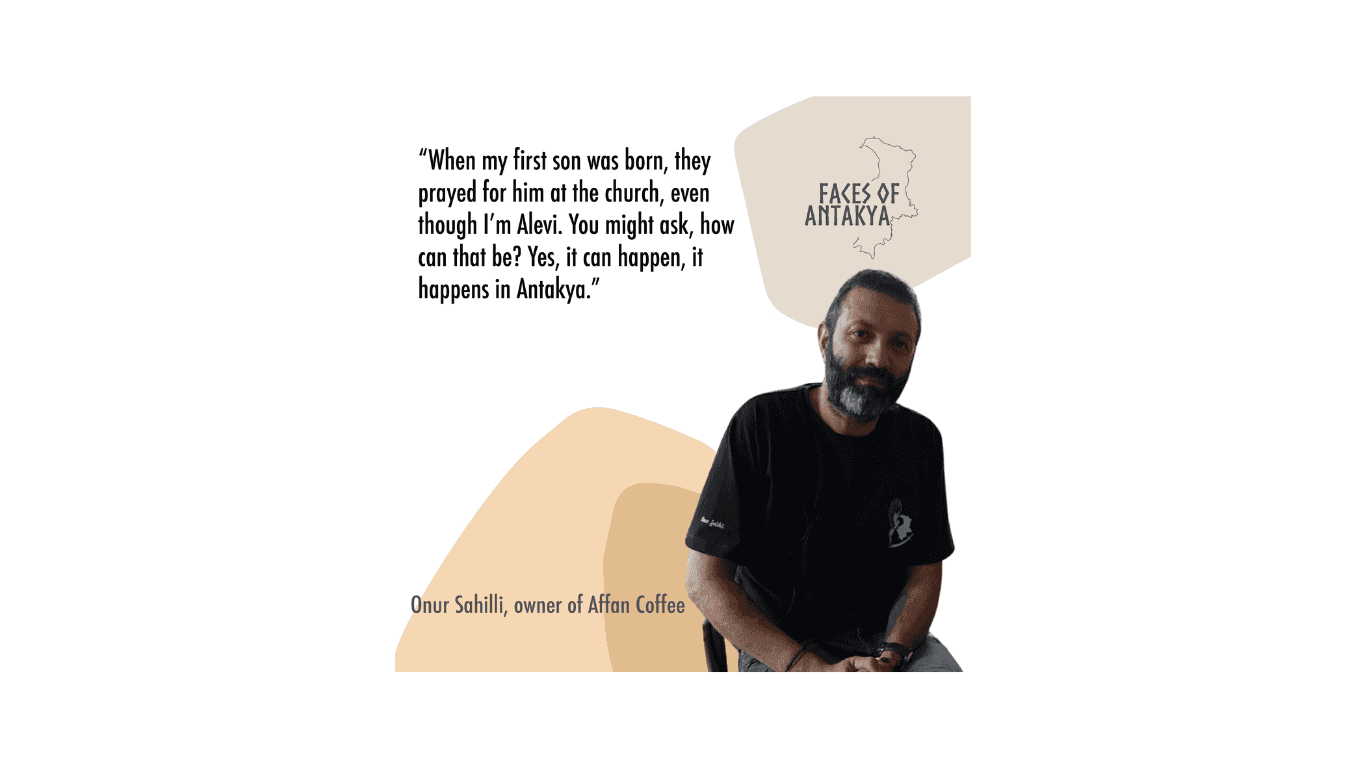
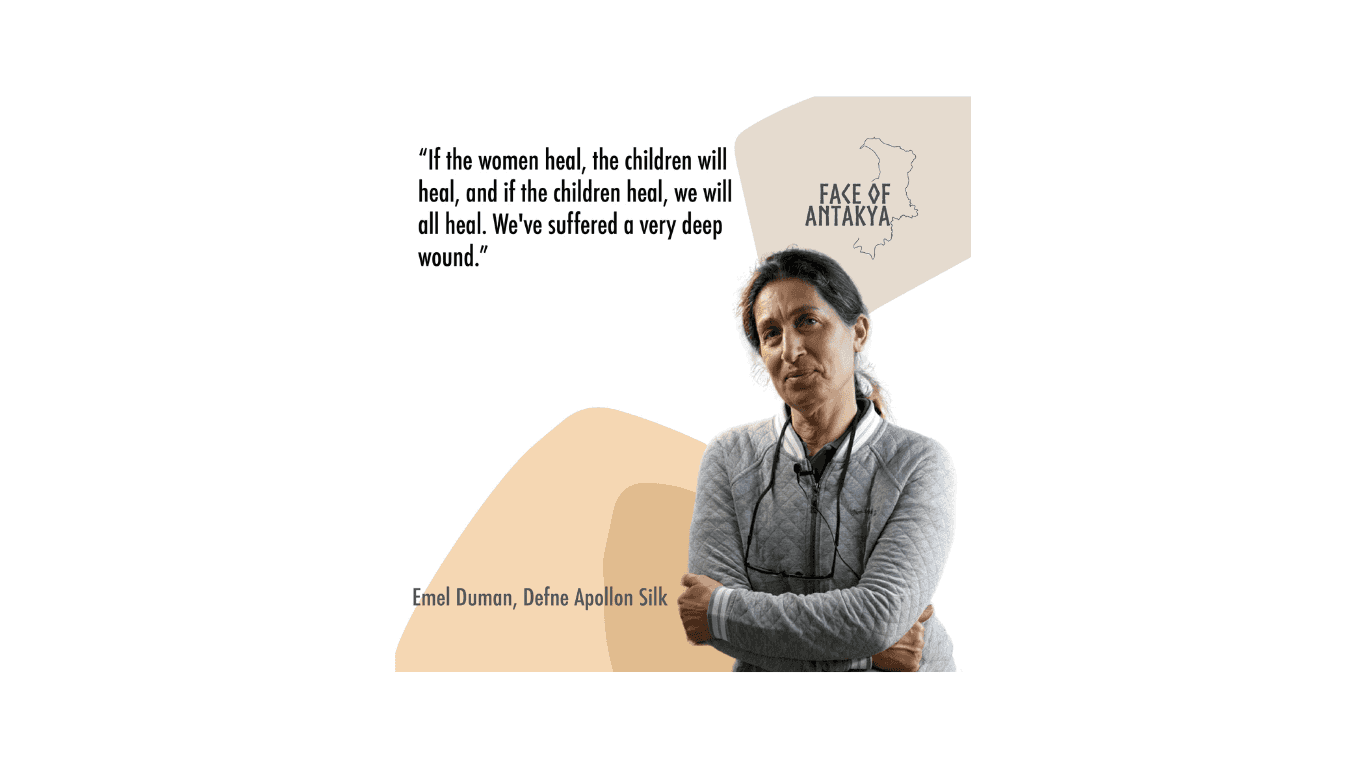
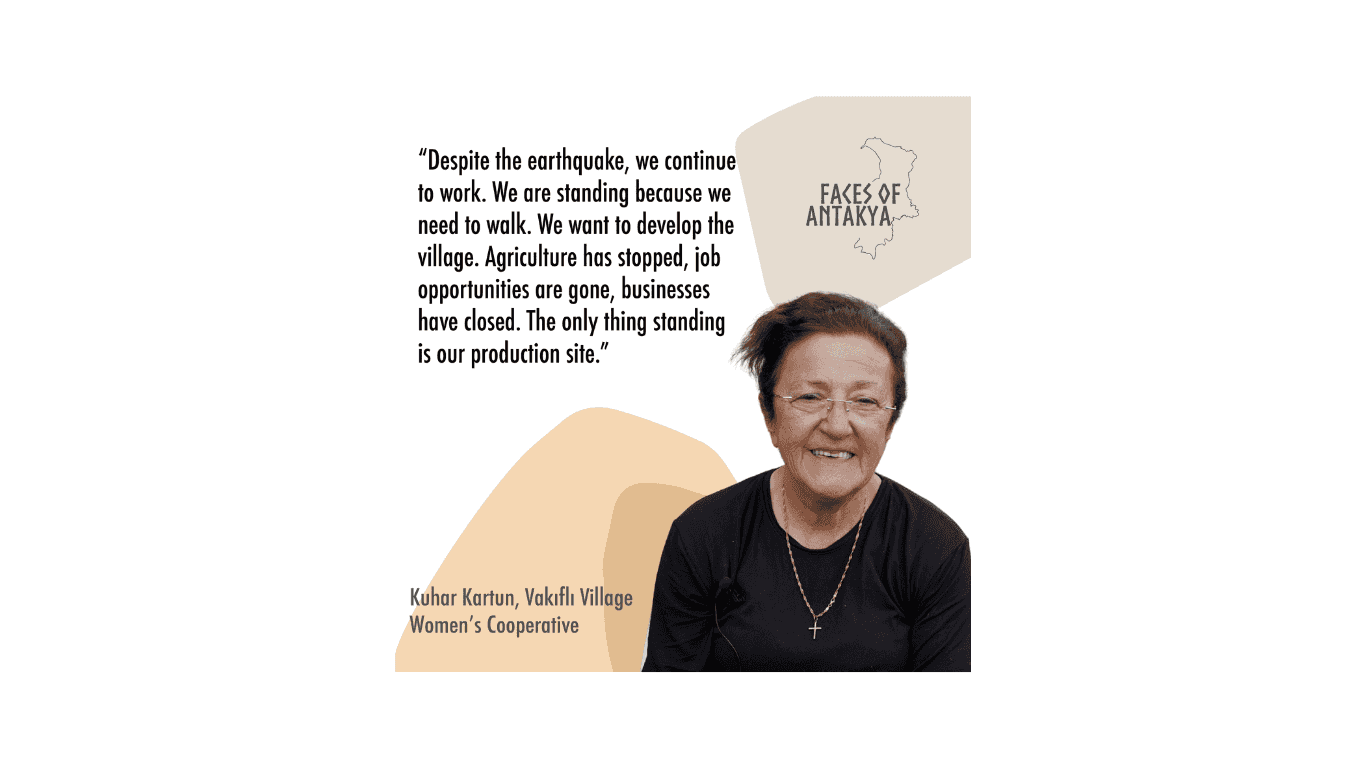
Cooperating Institutions
Postane. An Istanbul-based urban hub serving individuals and organizations whose work focuses on creating social and environmental impact, aiming to build a more just city, region, and planet. Postane is the operating institution of the fund. More information.
Allianz Foundation. Our mission: Enabling better living conditions for the next generations. The Foundation promotes and supports people and organizations who face the challenges of our times. We support and connect risktakers from the areas of civil society, environmental protection, and arts and culture. Allianz Foundation is co-initiator of the fund and the first donor. About us.
European Cultural Foundation (ECF). The ECF promotes a European sentiment through developing and supporting cultural initiatives that let us share, experience and imagine Europe. ECF is a committed, ambitious, diverse, open international foundation with a strong network and long-standing reputation, working in partnership with actors across Europe. ECF gave 50.000 € to the fund. More information.
* All copyrights for “Faces of Antakya” belong to Postane Production. The project was funded by the Bertha Foundation.